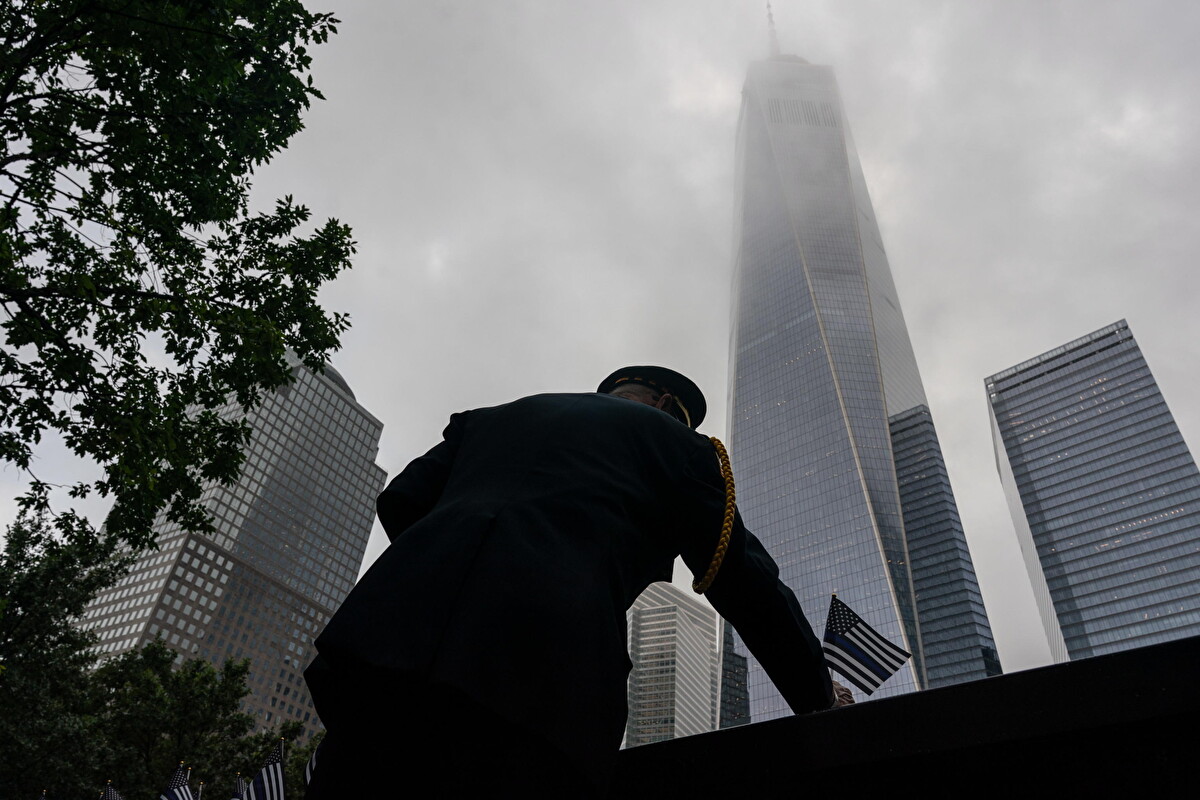As the Defense Department mulls over how to move forward with the charges against the purported 9/11 mastermind, Khalid Sheikh Mohammed, and two more defendants, the pursuit of justice has become entangled in a convoluted legal and moral maze. Defense Secretary Lloyd Austin withdrew a plea agreement that would have spared the men from execution on August 2, claiming the public’s right to see these cases through to trial. As a result, the yearning of many victims’ relatives for a definitive answer has come to a head again.
The illegal torture that Mohammed and his co-defendants endured while in CIA custody is said by defense attorneys and legal experts to be the primary transgression of these cases. The proceedings have been clouded by the abuse, which has complicated every element of the case and raised questions regarding the validity of evidence that was gathered under duress. The trials are being handled in military courtrooms at Guantanamo Bay, which have come to represent the unsolved moral and legal dilemma.
A plea agreement that appeared to provide a way forward was suddenly rescinded in response to criticism from Republican legislators and some 9/11 victims’ families. Some saw the arrangement as a necessary compromise to finally complete the cases, requiring the prisoners to reveal information about the assaults in exchange for life sentences instead of the death penalty. Austin’s decision to back out of the agreement, meanwhile, is indicative of a larger conflict within American culture and government over how to strike a balance between the moral implications of torture and the demands of justice while still acknowledging the workings of the judicial system.
Eugene R. Fidell, a military justice expert at Yale Law School, argues that the torture inflicted on the defendants may ultimately render a death sentence unenforceable. “As a matter of the administration of justice, there’s a lot of problems here. And they seem to keep going,” Fidell observed.

Uncertainty has only increased as a result of the CIA’s deletion of interrogation tapes and disagreements over the admissibility of evidence. The case may be farther from trial now than when it was initially brought, as highlighted by Guantanamo defense attorney J. Wells Dixon, partly because of the widespread stigma associated with torture. The experiences of other prisoners, like Majid Khan, who testified about being tortured and which prompted a military jury to ask for clemency, demonstrate the key influence that such disclosures may have on court cases.
Families of those who lost close to 3,000 members of their loved ones on September 11, 2001, are deeply affected by the turnabout. Terry Strada of 9/11 Families United is unwavering in his conviction that the death sentence is the only appropriate retribution for those guilty. Brett Eagleson—whose father was murdered at the World Trade Center—admitted that the government’s use of unlawful interrogation techniques had contaminated the proceedings. Eagleson asserted that the Bush administration and the CIA were the real offenders in this legal quagmire and stated, “At the end of the day, if they can’t prosecute them or convict them, the blood’s not on our hands.”
Elizabeth Miller, on the other hand, has become a peace activist and an opponent of the death sentence since she lost her father in the attacks. Her attempts to get information from Mohammed have halted due to the suspension of the plea agreement, leaving her and other people to hunt through an even more complicated procedure for closure.
There are others advocating for a transfer of these cases to civilian courts, where trials may take place faster and with more openness. Sally Regenhard, whose son died on 9/11 as a fireman, has advocated for the case to be transferred to federal court in Manhattan, which is nearer to the attack site. Her request, which echoed the despair of many who worry that justice may never be served, was to “put it on the fast track and stop with the years going by.”












